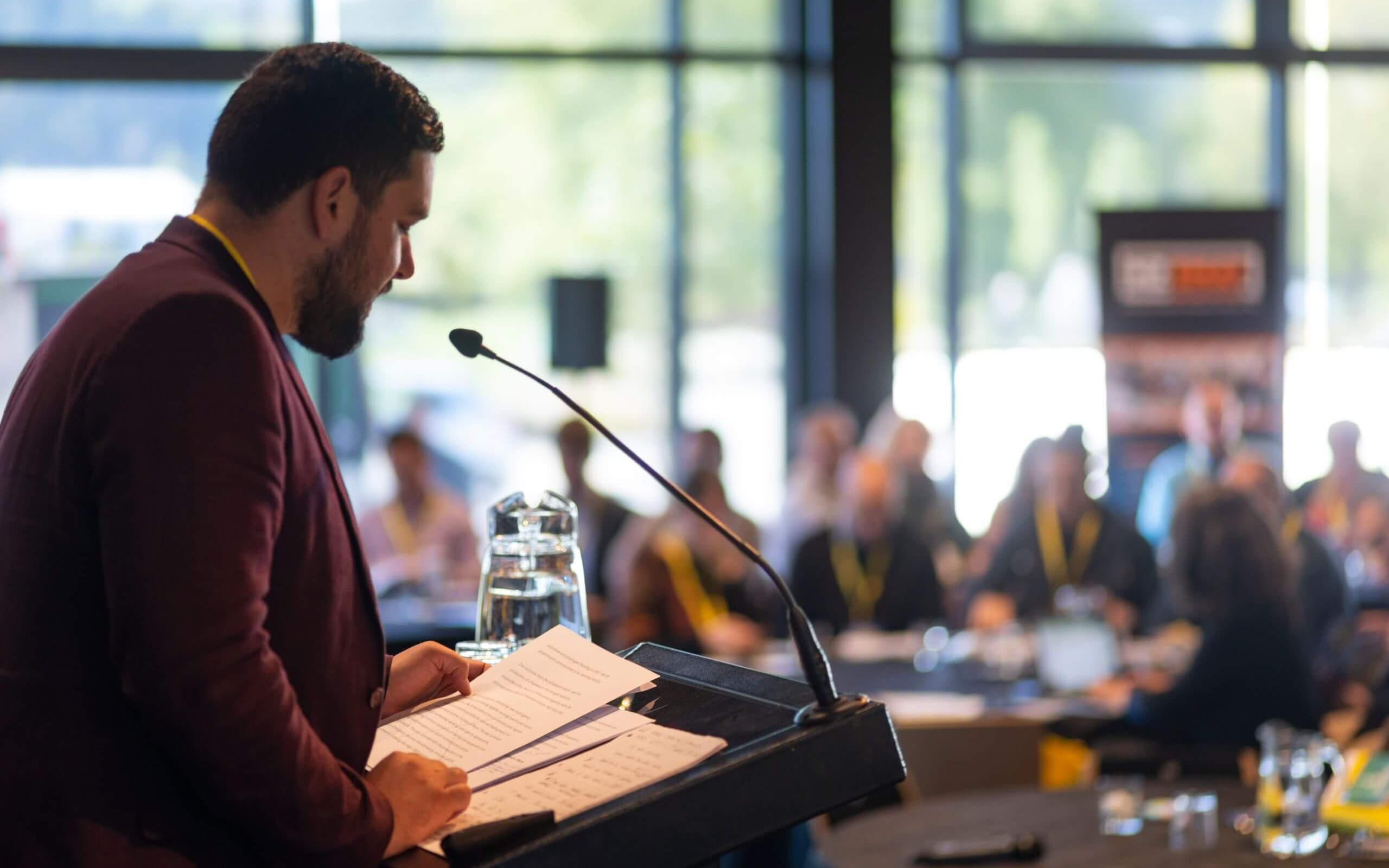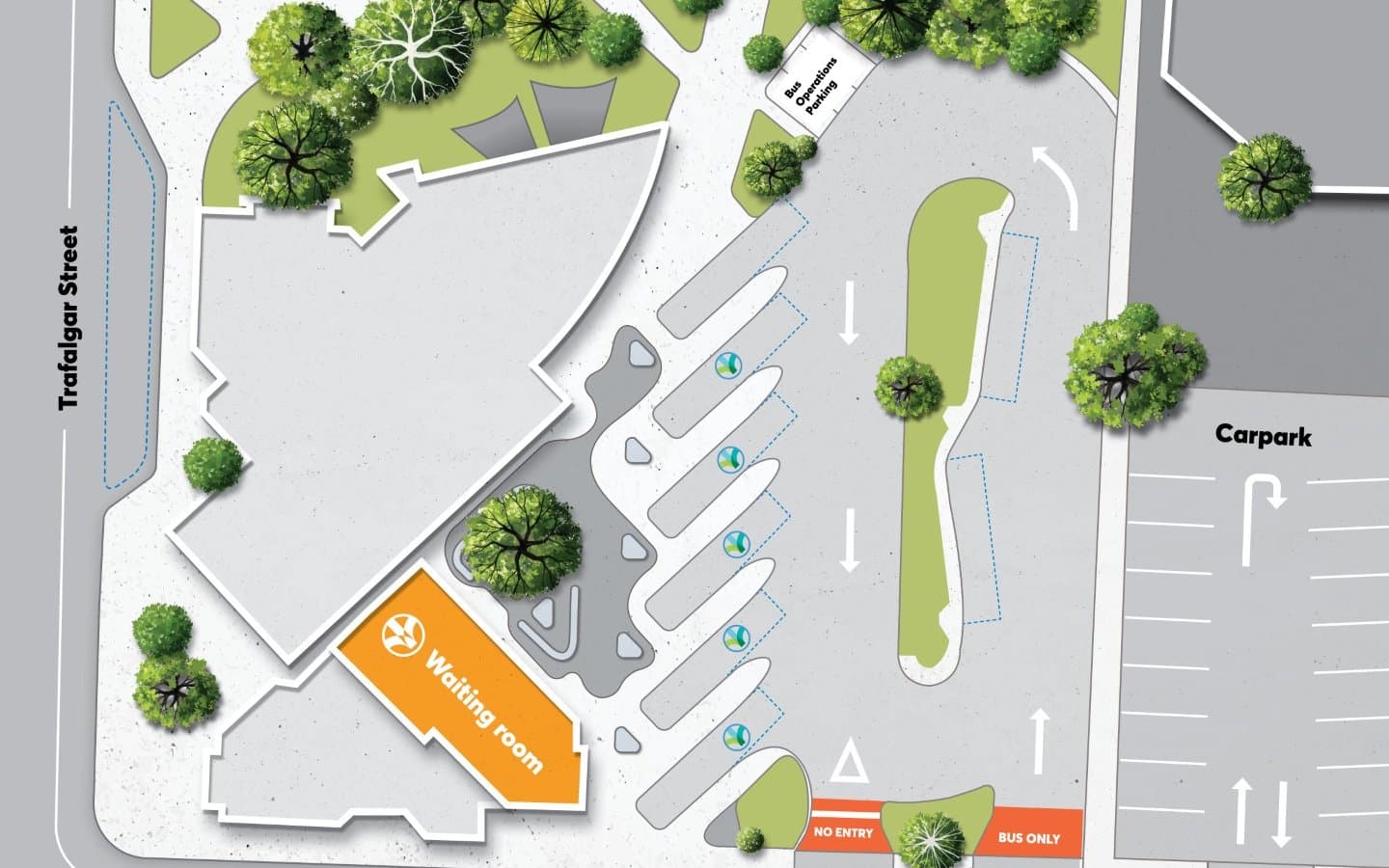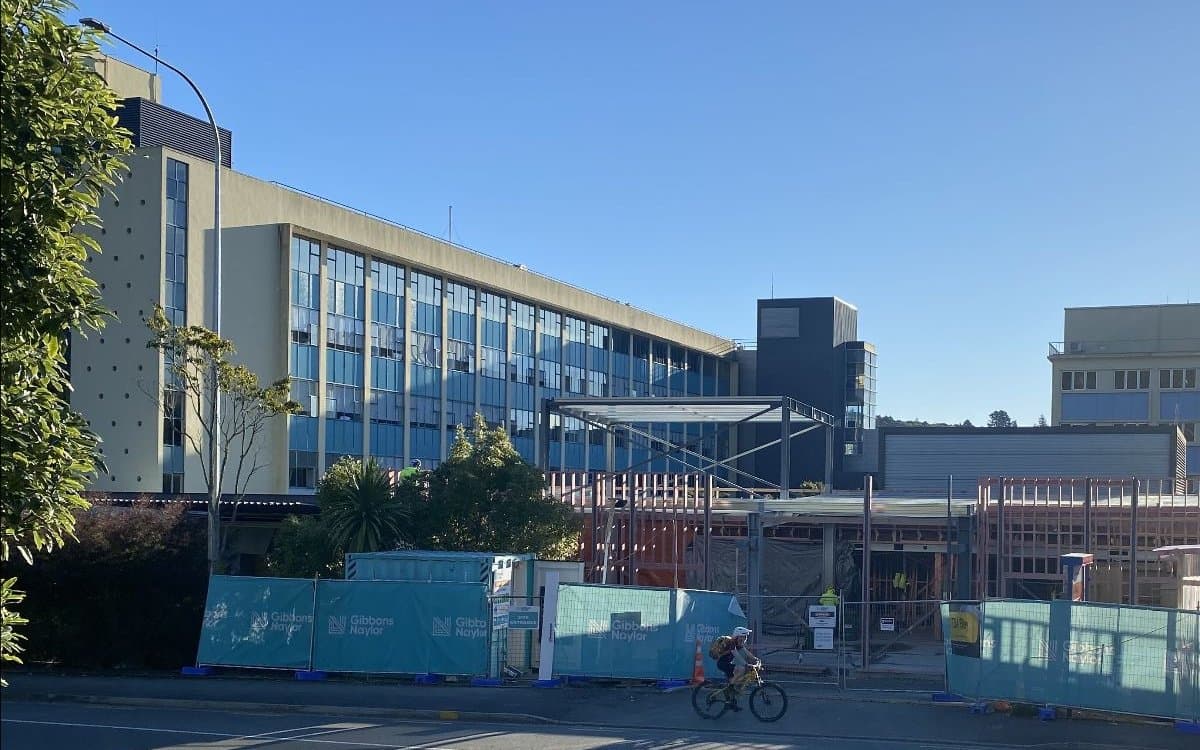


Work to transform Millers Acre into the transport hub for Nelson in time for summer is due to start in July.

The Government's commitment in today's Budget to a major upgrade of Nelson Hospital, including a new six-storey inpatient building, is awesome news for the region, says Nelson Mayor Nick Smith.

A revised design for Bridge Street has been released as part of the Bridge to Better project, incorporating changes informed by feedback including cycle links, parking and cultural design elements shaped by local iwi.

It's been a vision more than 20 years in the making and now little spotted kiwi have returned to Nelson.

Nelson-Tasman’s best hospitality and accommodation venues have been recognised tonight at the 2025 Nelson Tasman Hospitality Awards.